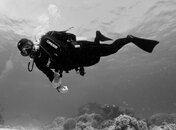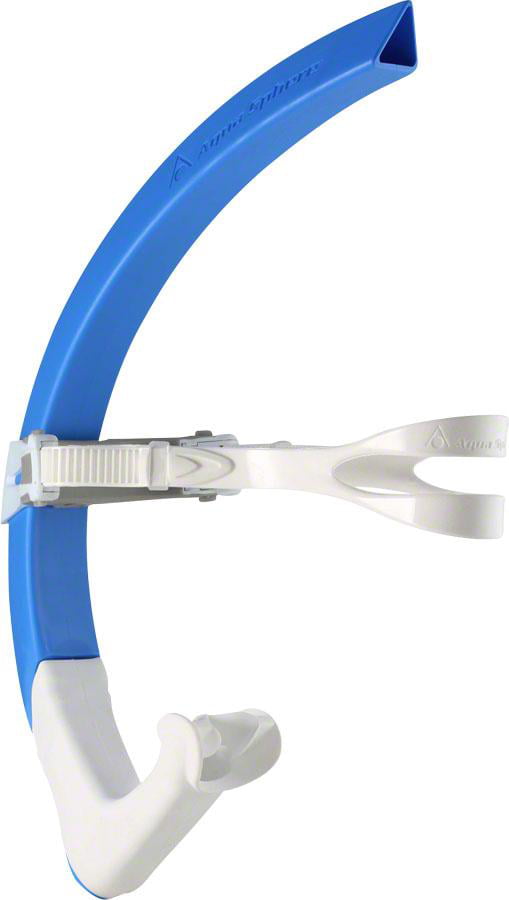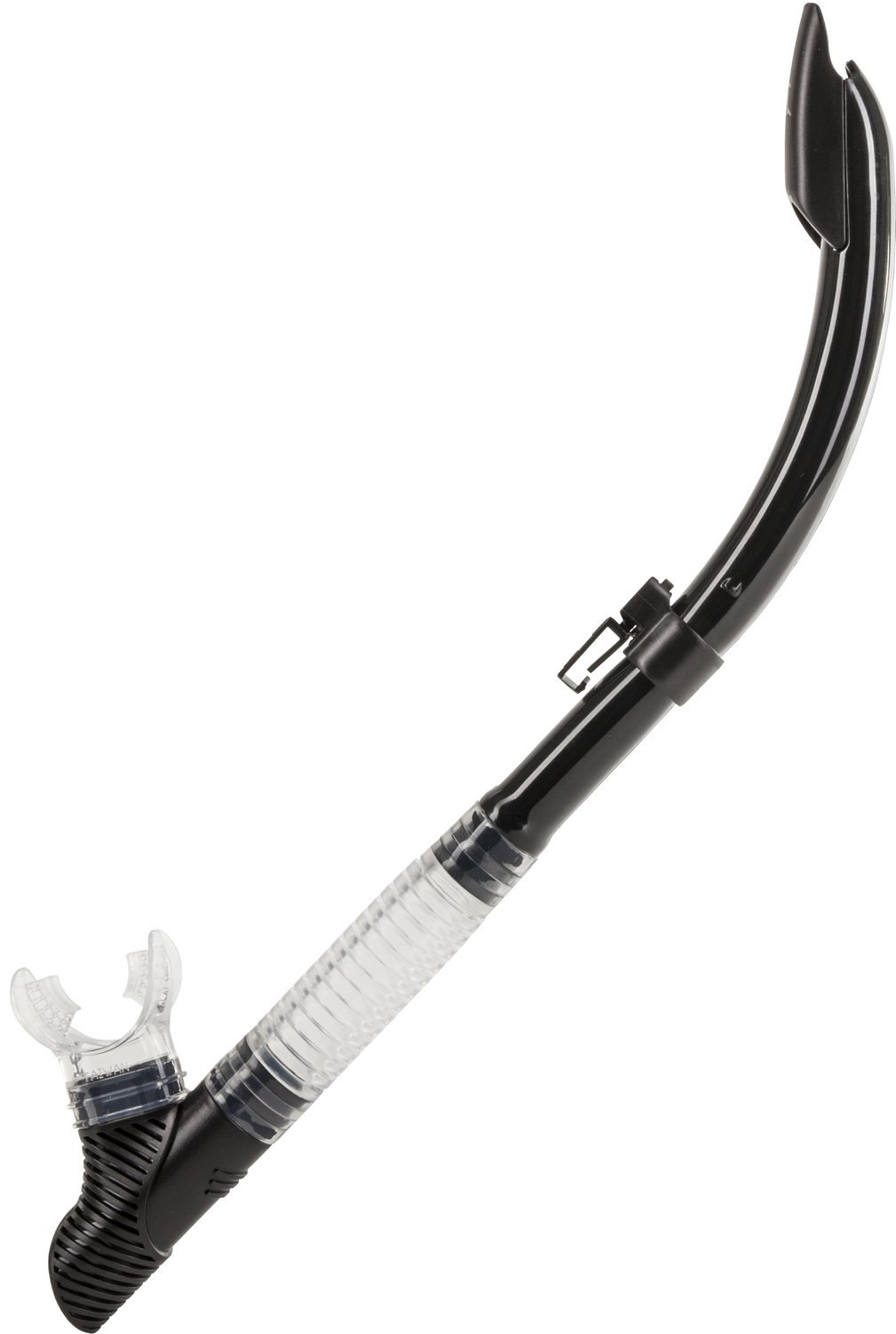Ryan Neely
Contributor
This was my question slash concern. I'm not a doctor, but I enjoy browsing PubMed in my freetime. I only recently learned about IPE and have gone down a rabbit hole reading anything I can get my hands on on the topic.I'm having trouble seeing the connection between the FFM and IPE. I'm stretching here, but maybe the added dead air space requires greater suction. That could pull fluid in, maybe?
Another possibility is the FFM effectively drowned the victim. IPE can present with spewing out foam. In large volume. That foam wouldn't drain out of the bottom of the mask, at least not quickly, and could be re-aspirated. This would require an incomplete news report, and I suppose they happen.
I'm speculating wildly here. I'm really skeptical about the connection, and grabbing at any possibility that might explain it.
I get the high blood pressure/hormone replacement connection. I think hormone replacement therapy can cause cardiac issues which, along with high BP, might push fluid into the lungs or fail to clear it.
Edit to add: I've seen too many FFM failures (usually involving flooding) to think of using them. I'd never put my kids in a FFM. I understand there are better and worse models. But I don't see the need: I made sure my kids could swim before they could go snorkeling. The biggest advantage of FFM I can see is being able to nose breathe. I wouldn't take kids in water they couldn't stand up in until they could properly swim, which requires knowing not to nose breathe. But I could see others doing it safely if they kept eagle eyes on the kids while snorkeling. And ideally having a second parent watching the first in case they're incapacitated. (I've seen scary situations where surf could easily have driven dad onto a rock, leaving behind a very young non-swimming child in a FFM floating alone.)
Yes, blood pressure issues I understand. I had never read literature about hormone replacement therapy being linked to IPE, but given your statement here, I supposed I could see a tenuous connection between HRT and changes to a person's cardiac condition.
I am just as stymied, however, when it comes to the correlation between a FFM and IPE. I'd be interested to hear any reasoning between the two. So far, your connection between the similar presentations of IPE and drowning seem the most likely.
Again, I'm not an advocate for FFMs, I'm merely asking for more nuanced clarity as relates to the correlation between FFMd and IPE.







